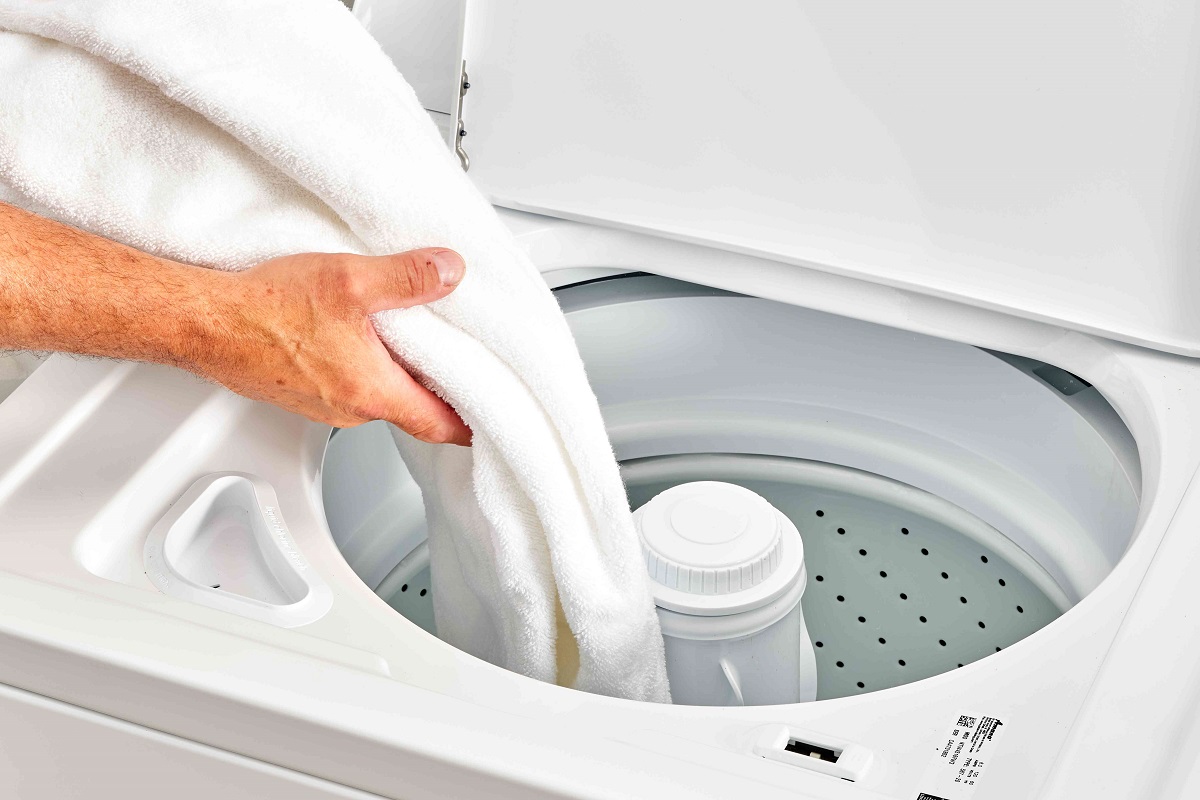

Articles
How Long Does A Clothes Washer Last
Modified: February 28, 2024
Find out how long a clothes washer typically lasts and get tips on extending its lifespan. Read more in our articles.
(Many of the links in this article redirect to a specific reviewed product. Your purchase of these products through affiliate links helps to generate commission for Storables.com, at no extra cost. Learn more)
Introduction
Welcome to our comprehensive guide on how long a clothes washer can last. Investing in a high-quality and long-lasting clothes washer is a wise decision, as it ensures that your laundry needs are met for years to come. As a savvy homeowner, it’s important to understand the factors that influence the lifespan of a clothes washer, how long different types of washers typically last, and the signs that indicate it may be time for a replacement.
When purchasing a new clothes washer, it’s helpful to consider not only its immediate performance but also its long-term durability. By understanding how to extend the lifespan of your washer and knowing when it’s time for a replacement, you can ensure that your laundry routine remains hassle-free.
In this article, we’ll explore the various factors that affect the lifespan of a clothes washer, the average lifespans of different types of washers, signs that indicate it’s time for a replacement, and strategies to extend the lifespan of your washer.
So, if you’re curious to know how long your clothes washer can last or want tips on maximizing its lifespan, keep reading to gain valuable insights into this essential household appliance.
Key Takeaways:
- Understanding the factors that influence a clothes washer’s lifespan, such as build quality, maintenance, and usage habits, can help homeowners make informed decisions when purchasing and caring for their appliances.
- Recognizing signs that indicate a clothes washer may need replacement, such as frequent breakdowns and decreased cleaning performance, empowers homeowners to proactively address potential issues and plan for a new appliance when necessary.
Read more: How Long Does Stucco Last For
Factors Influencing the Lifespan of a Clothes Washer
Several factors can influence the lifespan of a clothes washer. Understanding these factors can help you make informed decisions when purchasing a new washer and take proper care of your existing one.
1. Build Quality: The build quality of a washer plays a significant role in determining its lifespan. Washers constructed with durable materials and robust components are more likely to withstand regular use and last longer than those made with cheaper materials.
2. Frequency of Use: The more frequently you use your clothes washer, the quicker it may wear out. High-volume households that do multiple loads of laundry every day might experience faster wear and tear compared to households with lighter laundry loads. However, even with heavy use, a high-quality washer can still last for many years.
3. Maintenance: Regular maintenance can extend the lifespan of your clothes washer. This includes cleaning the washer drum, lint traps, and detergent dispensers. It’s also crucial to inspect and clean the hoses and filters periodically to prevent clogs and maintain optimal performance. Additionally, following the manufacturer’s guidelines for maintenance tasks, such as descaling or lubricating certain components, can help prolong the lifespan of your washer.
4. Water Quality: The quality of the water used in the washer can impact its longevity. Hard water with high mineral content can lead to the buildup of mineral deposits and cause internal damage to the washer. Using water softeners or regular descaling can help combat this issue and protect the washer from premature wear.
5. Installation and Leveling: Proper installation and leveling of the washer are crucial for its longevity. A washer that is installed incorrectly or not leveled may experience excessive vibrations and movement during operation, leading to potential damage. Ensuring that the washer is installed and leveled correctly helps reduce stress on internal components, increasing its lifespan.
6. Usage Habits: Your laundry habits and usage patterns can impact the lifespan of the clothes washer. Overloading the washer with excessive laundry loads can strain the motor, bearings, and other components, accelerating wear and tear. Similarly, using the washer for items it’s not designed for, such as heavy rugs or shoes, can put unnecessary stress on the appliance and reduce its lifespan.
7. Manufacturer and Brand: The reputation and reliability of the manufacturer and brand also play a role in the washer’s lifespan. Well-known brands often prioritize quality and durability in their products, leading to longer-lasting washers. Researching and choosing a reputable brand can increase the chances of purchasing a washer with a longer lifespan.
While these factors can influence the lifespan of a clothes washer, it’s important to note that no appliance has an indefinite lifespan. At some point, even with proper care and maintenance, the wear and tear may become significant enough to warrant a replacement.
By understanding these factors, you can make informed decisions when purchasing a clothes washer and take proactive steps to extend its lifespan. In the next section, we’ll explore the average lifespans of different types of clothes washers to help you plan for the future.
Average Lifespan of Clothes Washers by Type
The lifespan of a clothes washer can vary depending on its type. Different types of washers are designed to cater to specific needs and have unique characteristics that can impact their durability. Here is a breakdown of the average lifespans of the most common types of clothes washers:
1. Top-Load Agitator Washers: Top-load agitator washers are known for their traditional design, with a central agitator that moves clothes around during the wash cycle. On average, these washers have a lifespan of around 10-15 years. However, with proper care and maintenance, they can sometimes last even longer.
2. Top-Load High-Efficiency (HE) Washers: Top-load HE washers feature an impeller instead of an agitator, which uses water and detergent more efficiently. These washers tend to have a slightly longer lifespan compared to top-load agitator washers, averaging around 12-16 years. Their advanced technology and improved energy efficiency contribute to their extended lifespan.
3. Front-Load Washers: Front-load washers have gained popularity due to their superior cleaning performance and energy efficiency. These washers typically have a lifespan of 10-15 years. The horizontal drum design and the absence of an agitator contribute to their longevity. However, it’s worth noting that front-load washers may require more maintenance, such as regular cleaning of the door seal and drain pump filter, to ensure optimal performance and prolong their lifespan.
4. Compact Washers: Compact washers are specifically designed for small spaces and have a smaller capacity compared to standard washers. These washers generally have a lifespan similar to their larger counterparts, ranging from 10-15 years. Regular maintenance and proper use can help maximize their lifespan.
5. Stackable Washers and Dryers: Stackable washers and dryers are ideal for compact living spaces where vertical installation is necessary. These units typically have a lifespan of 10-15 years, depending on the individual washer and dryer models. Proper installation, regular maintenance, and careful use are essential for maximizing their lifespan.
It’s important to note that these lifespans are average estimates and can vary depending on various factors such as usage habits, maintenance practices, build quality, and brand reputation. Additionally, advancements in technology and manufacturing processes may influence the lifespan of newer models.
Taking preventive measures like proper maintenance, using the washer as intended, and addressing issues promptly can help extend the lifespan of your clothes washer regardless of its type. In the next section, we will discuss the signs that indicate your clothes washer may need replacement.
Regular maintenance and proper usage can extend the lifespan of a clothes washer. Clean the machine regularly, use the appropriate amount of detergent, and avoid overloading to help it last longer.
Signs that Your Clothes Washer Needs Replacement
While clothes washers are known for their durability, there comes a point when they may start showing signs of wear and tear that indicate the need for a replacement. Here are some common signs that your clothes washer may need to be replaced:
1. Frequent Breakdowns: If your washer is constantly breaking down and requiring repairs, it may be a sign that its lifespan is coming to an end. Repairing an older washer can become costly, and it may be more cost-effective to invest in a new one.
2. Decreased Cleaning Performance: If you notice that your clothes are not getting cleaned as thoroughly as they used to, even after adjusting the settings and using proper detergent, it could be a sign that your washer is no longer functioning optimally. Over time, the internal components can wear out, resulting in decreased cleaning efficiency.
3. Excessive Noise and Vibrations: While some noise and vibrations during the wash cycle are normal, excessive noise and vibrations could indicate an underlying issue with the washer’s motor, drum, or suspension system. If the noise and vibrations are excessive and persistent, it may be a sign that the washer’s components are wearing out and it’s time for a replacement.
4. Leaking: If you notice water leaking from your washer, it’s important to address the issue promptly. Leaks can be indicative of a damaged hose, a faulty seal, or a cracked drum, which can significantly impact the washer’s performance and cause water damage in your laundry area. If the leaks are recurring or extensive, it may be time to consider replacing the washer.
5. Excessive Energy or Water Usage: As washers age, they may become less energy and water-efficient. If you notice a significant increase in your utility bills without any changes in your laundry habits, it could be a sign that your washer is no longer operating at optimal efficiency. Upgrading to a newer, more energy-efficient model can help save money on utility costs in the long run.
6. Unavailability of Replacement Parts: Over time, manufacturers may discontinue producing certain parts for older washer models. If you’re facing difficulties in finding replacement parts for your washer, it can be a clear sign that it’s time to consider a replacement. Operating a washer without the ability to replace crucial components can lead to long-term issues and potential safety hazards.
7. Age of the Washer: Lastly, the age of your washer is an important factor to consider. Most washers have an average lifespan of 10-15 years, depending on usage and maintenance. If your washer is approaching or surpassing this age range, even if there are no noticeable issues, it’s a good idea to start considering a replacement to avoid unexpected breakdowns or emergencies.
When deciding whether to replace your clothes washer, it’s crucial to weigh the cost of repairs, the age of the appliance, and its overall performance. Upgrading to a newer model not only ensures better efficiency and functionality but also provides peace of mind knowing that you won’t face unexpected breakdowns or high repair costs.
In the following section, we’ll share some tips on how to extend the lifespan of your clothes washer, potentially delaying the need for a replacement.
Extending the Lifespan of Your Clothes Washer
To maximize the lifespan of your clothes washer and delay the need for a replacement, here are some essential tips and maintenance practices to keep in mind:
1. Follow Manufacturer Recommendations: Read and adhere to the manufacturer’s guidelines for usage, maintenance, and care. This includes load capacity limits, detergent type and quantity recommendations, and any specific instructions for cleaning and maintenance tasks.
2. Proper Loading: Avoid overloading the washer, as it can strain the motor and other components. Follow the recommended load capacities to ensure optimal performance and prevent unnecessary wear and tear.
3. Leveling and Stabilization: Check and adjust the washer’s leveling periodically to prevent excessive vibrations and movement during operation. Use a leveling tool to ensure the washer is stable and well-balanced. This helps reduce stress on internal components and prolongs the washer’s lifespan.
4. Regular Cleaning: Clean the washer drum, detergent dispenser, and lint filters regularly. This helps prevent the buildup of dirt, grime, and lint, which can affect the washer’s performance. Follow the manufacturer’s instructions for cleaning products and techniques suitable for your specific washer model.
5. Maintain Proper Water Quality: If you have hard water, consider using a water softener to reduce mineral deposits. Regularly clean and descale the washer to prevent mineral buildup, which can affect performance and longevity.
6. Inspect Hoses and Connections: Regularly check the hoses and connections for any signs of leaks or damage. Replace worn-out or damaged hoses promptly to prevent water damage and ensure proper functioning of the washer.
7. Use Proper Detergent: Use the recommended type and quantity of detergent for your specific washer. Using too much detergent can cause excessive buildup and lead to clogs, while using the wrong type of detergent can affect the washer’s performance.
8. Avoid Overuse of Agitator: If you have a top-load agitator washer, minimize the use of the agitator for delicate fabrics or smaller loads. Using gentle cycles or the appropriate settings helps reduce wear and tear on the agitator and other components.
9. Address Issues Promptly: If you notice any unusual noises, leaks, or other performance issues with your washer, address them promptly. Ignoring or postponing repairs can lead to further damage and shorten the lifespan of the appliance.
10. Professional Maintenance: Consider scheduling periodic professional maintenance for your washer. A trained technician can inspect and tune up the appliance, ensuring that all components are functioning correctly and identifying any potential issues before they worsen.
By following these tips and adopting good laundry habits, you can significantly extend the lifespan of your clothes washer. With proper care and maintenance, your washer can continue to provide reliable performance and save you money on unnecessary repairs or replacements.
Remember, even with the best care, there may come a time when replacing your washer becomes necessary. However, by implementing these practices, you can make the most of your washer’s lifespan and enjoy years of trouble-free laundry.
Read more: How Long Does A Seed Last
Conclusion
Your clothes washer is an essential appliance that plays a crucial role in keeping your laundry clean and fresh. Understanding the factors that influence its lifespan and knowing when it’s time for a replacement are key to maximizing its longevity and performance.
In this comprehensive guide, we have explored the various factors that can impact the lifespan of a clothes washer, the average lifespans of different types of washers, signs that indicate it may be time for a replacement, and strategies to extend the lifespan of your washer.
Factors like build quality, frequency of use, maintenance, water quality, installation, and usage habits all play a role in determining how long your washer will last. By taking proper care of your washer, following manufacturer recommendations, and addressing issues promptly, you can extend its lifespan and reduce the need for frequent repairs or replacements.
Understanding the average lifespans of different types of washers can also help you plan for the future. Consider the type of washer you have or plan to purchase and weigh its expected lifespan against your needs and budget.
Recognizing the signs that indicate your clothes washer needs replacement is essential. If you experience frequent breakdowns, decreased cleaning performance, excessive noise and vibrations, leaking, excessive energy or water usage, unavailability of replacement parts, or if your washer is reaching the end of its expected lifespan, it may be time to consider investing in a new one to avoid further inconvenience and potential damage.
By following our tips for extending the lifespan of your clothes washer, you can ensure optimal performance and reliability for years to come. Regular maintenance, proper loading, cleaning, and addressing issues promptly are key to keeping your washer in excellent condition.
In conclusion, your clothes washer is a valuable investment that deserves proper care and attention. By understanding the factors affecting its lifespan, being aware of the average lifespans of different types of washers, and implementing good maintenance practices, you can enjoy the convenience of a reliable washer while minimizing the need for replacements and repairs.
Remember, when the time comes to replace your clothes washer, consider factors such as energy efficiency, capacity, and reliability to make an informed decision and invest in a washer that will meet your needs for years to come.
Frequently Asked Questions about How Long Does A Clothes Washer Last
Was this page helpful?
At Storables.com, we guarantee accurate and reliable information. Our content, validated by Expert Board Contributors, is crafted following stringent Editorial Policies. We're committed to providing you with well-researched, expert-backed insights for all your informational needs.
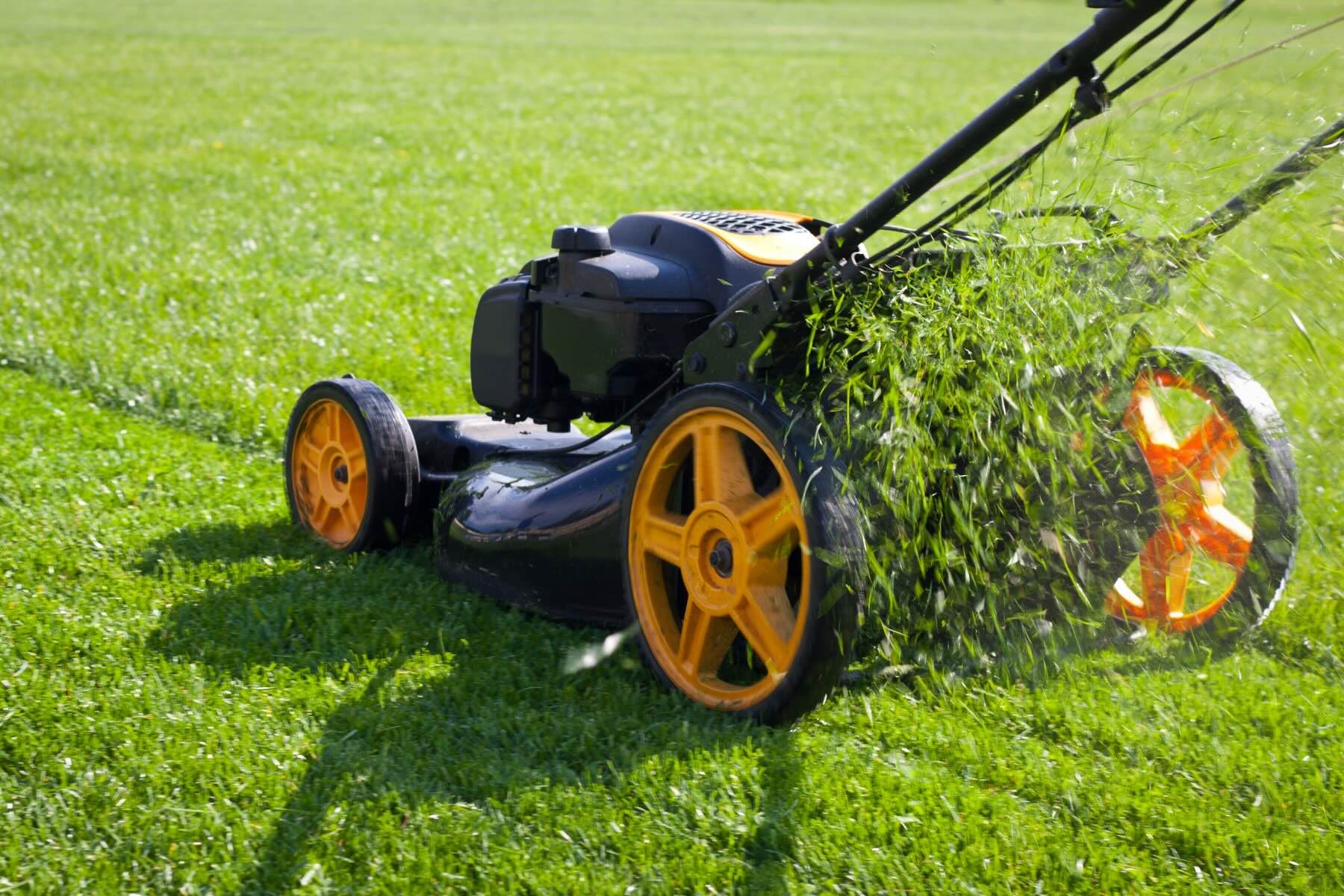
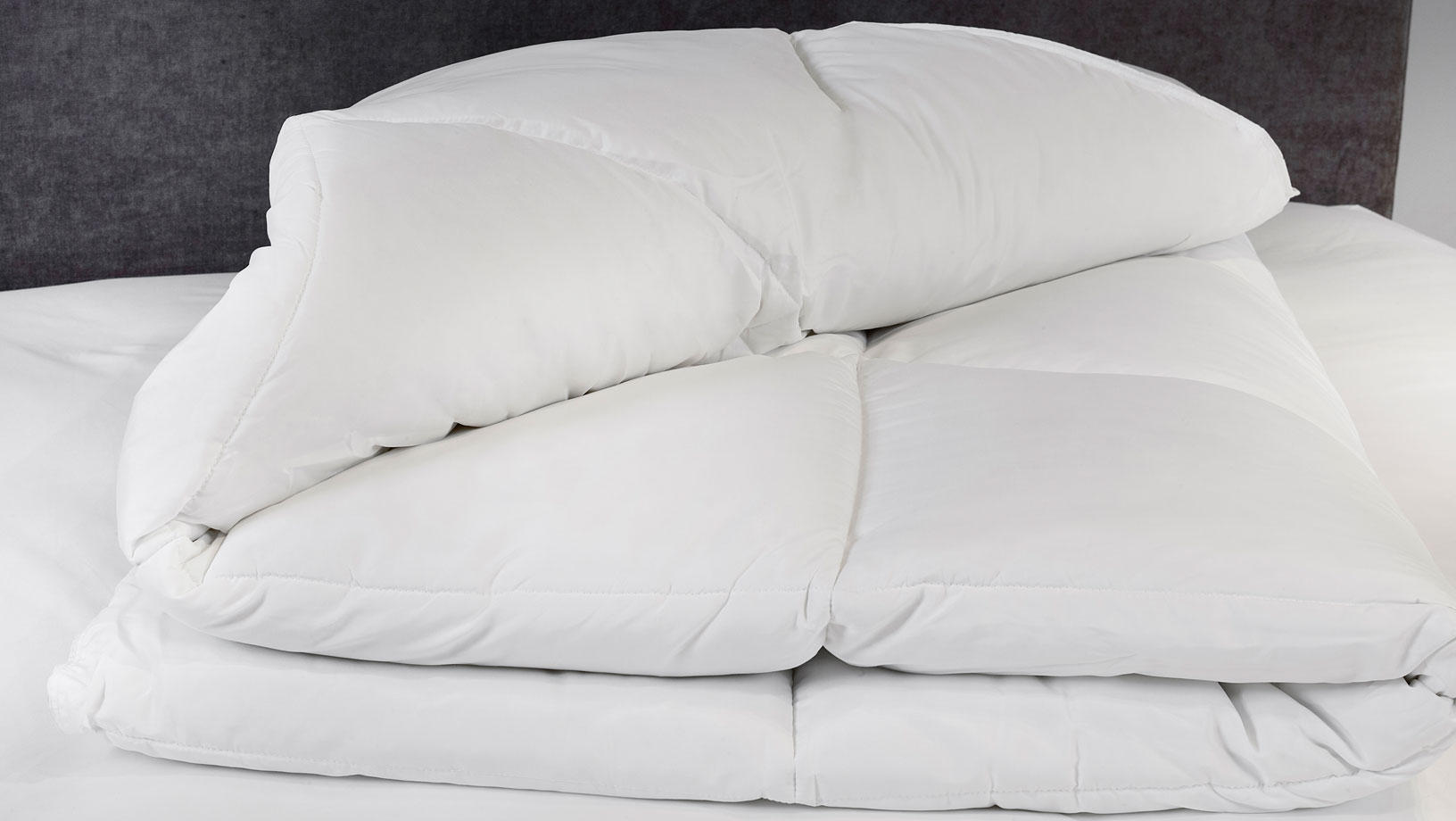


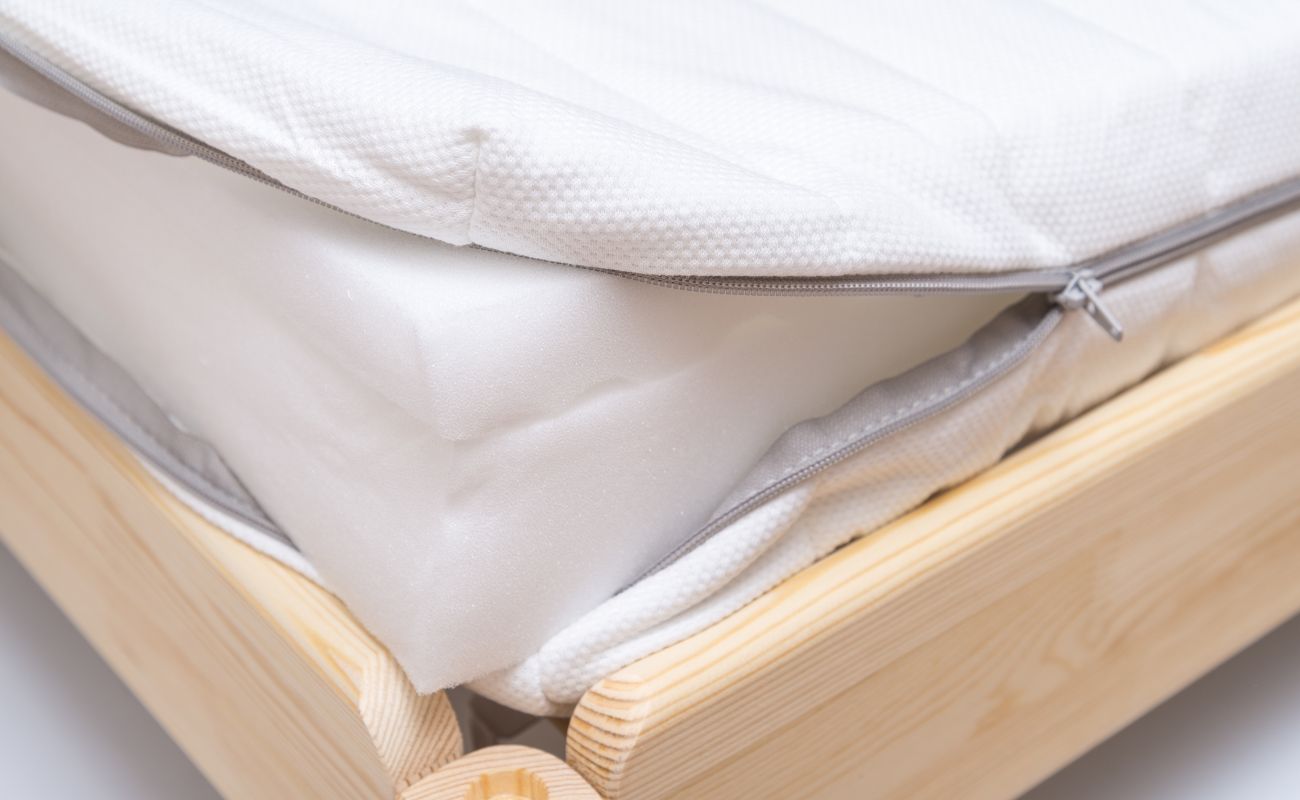

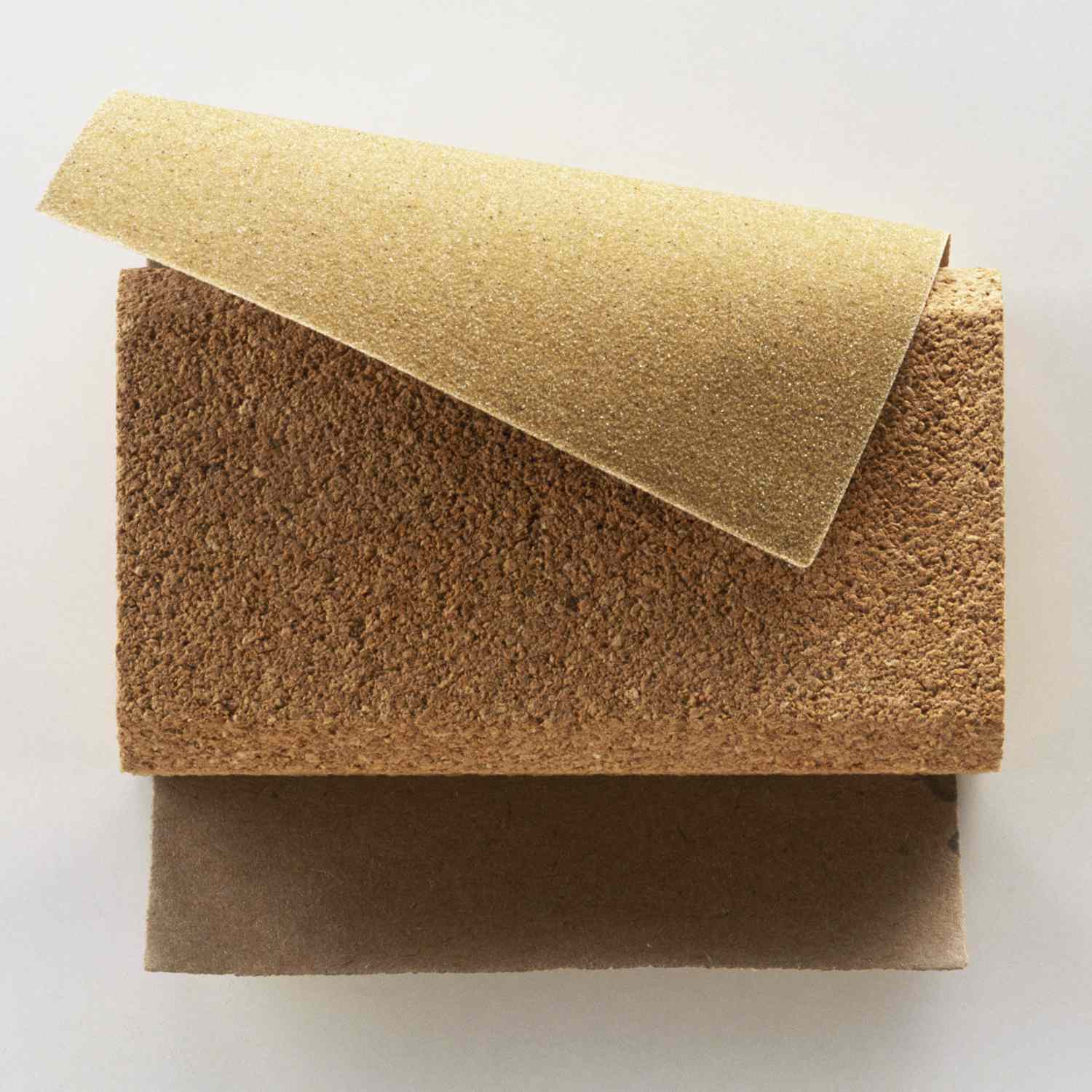



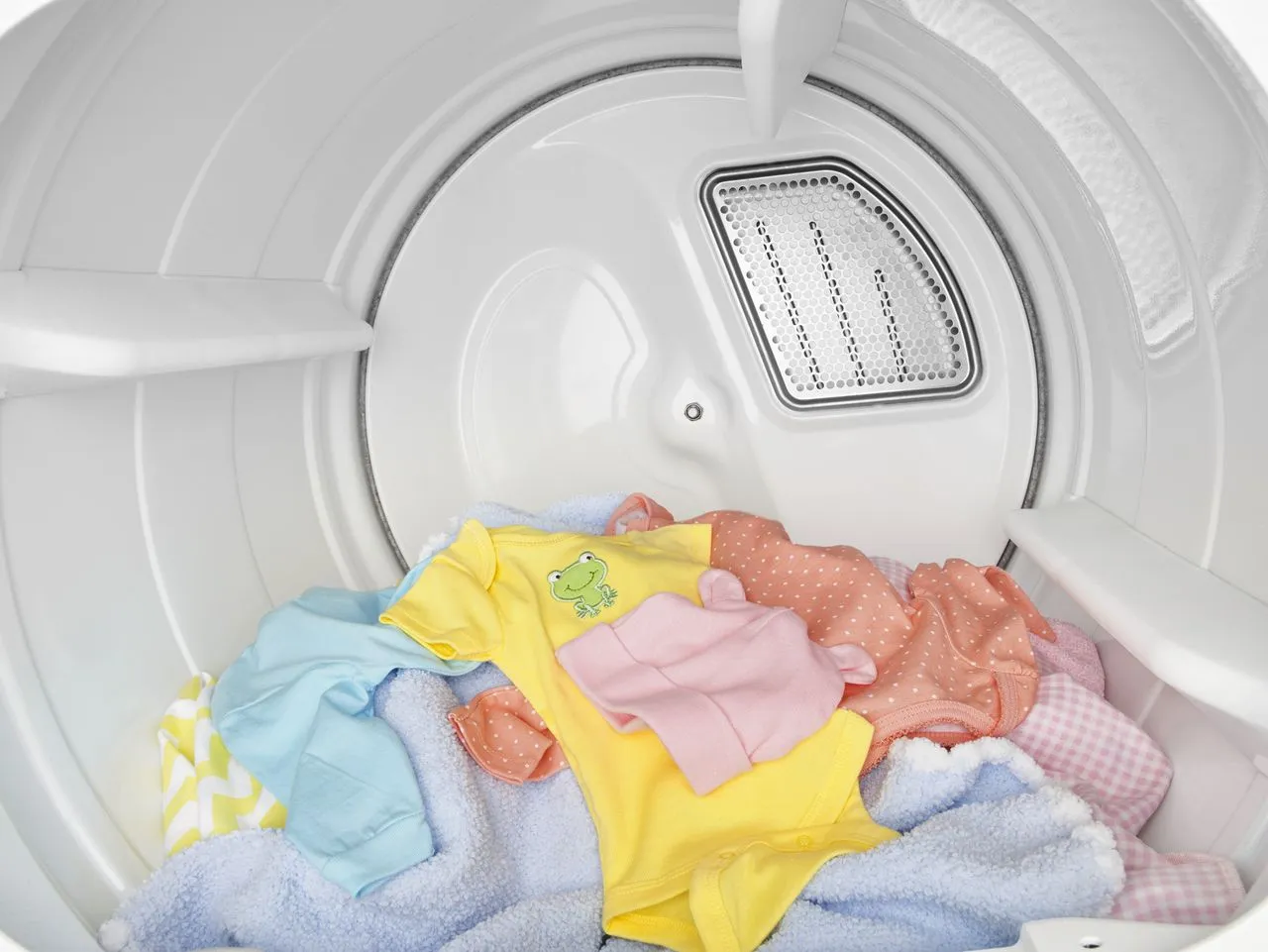
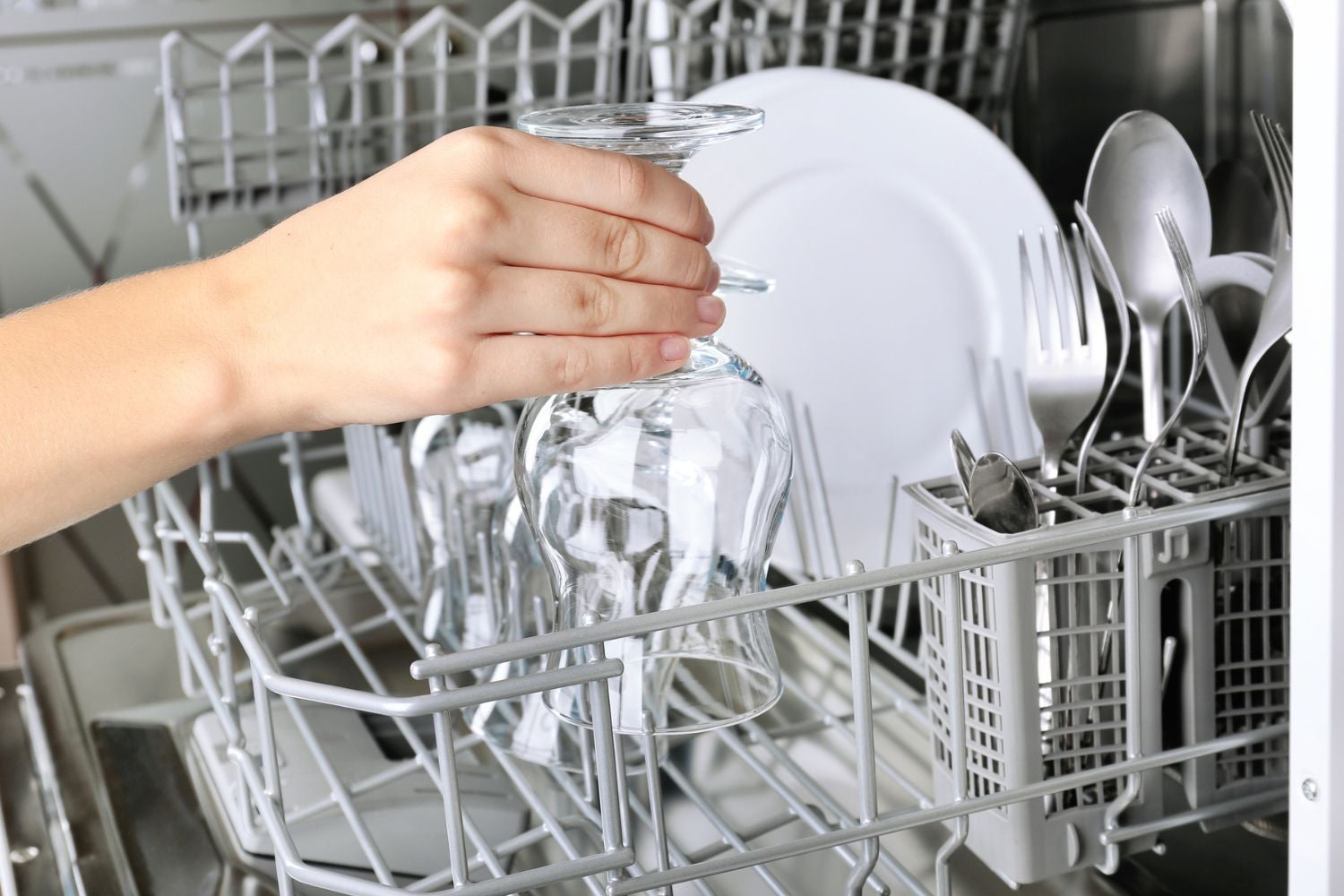



0 thoughts on “How Long Does A Clothes Washer Last”